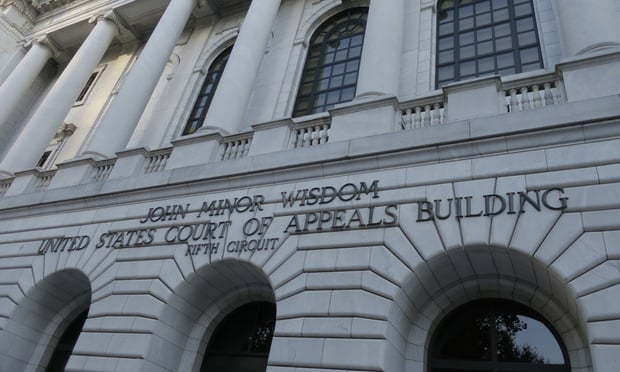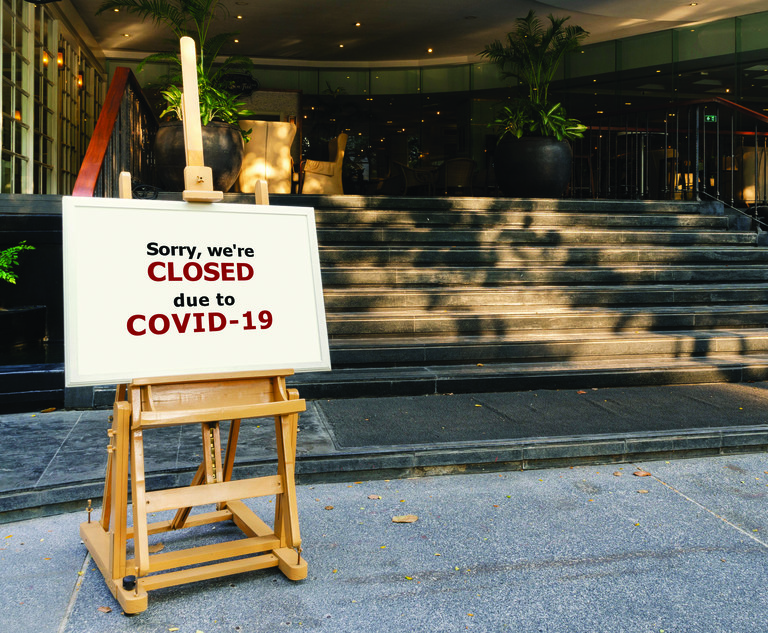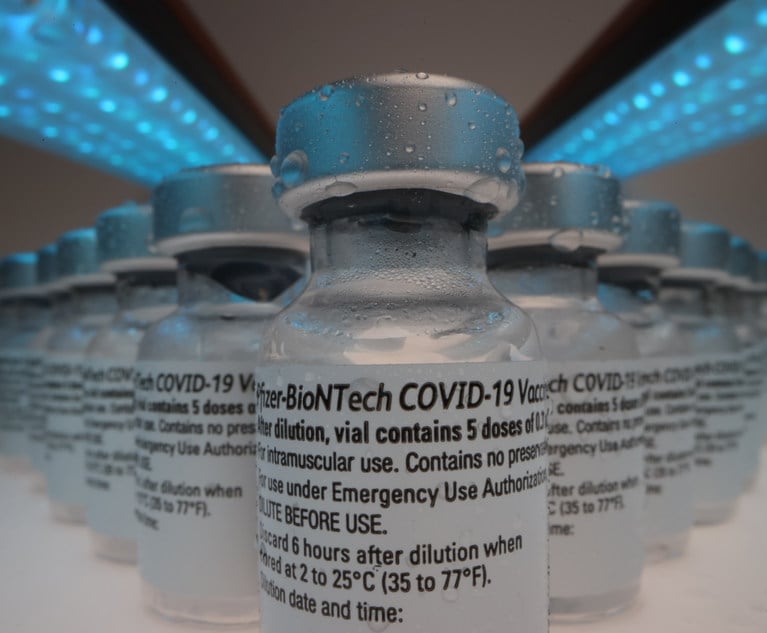This article appeared in The Bankruptcy Strategist, featuring the strategies and techniques devised by the country’s top bankruptcy lawyers and reports on innovative procedural techniques, legislative developments and recent judicial rulings — plus what they mean for you and your clients.
A number of legislative modifications were made to the Bankruptcy Code to reduce the economic impact of the COVID-19 pandemic on distressed debtors, particularly small business and individual debtors. While a few of these changes expanded protections previously granted to small business debtors pre-pandemic, a major pandemic relief program, the Paycheck Protection Program (PPP) was not made available to debtors in bankruptcy proceedings. After Congress established the PPP in The Coronavirus Aid, Relief, and Economic Security Act (the CARES Act), enacted on March 27, 2020, a number of debtors in pending bankruptcy cases applied for PPP loans. The Small Business Administration (SBA) opposed PPP loans for debtors, and courts were split as to whether the SBA could block debtors from qualifying for and receiving PPP loans. Two circuit courts, the Eleventh and the Fifth Circuits, ultimately ruled against the debtors. USF Federal Credit Union v. Gateway Radiology Consultants, P.A., No. 20-13462 at 43 (11th Cir. 2020) (holding that the SBA did not exceed its authority in adopting the non-bankruptcy rule for PPP eligibility).








